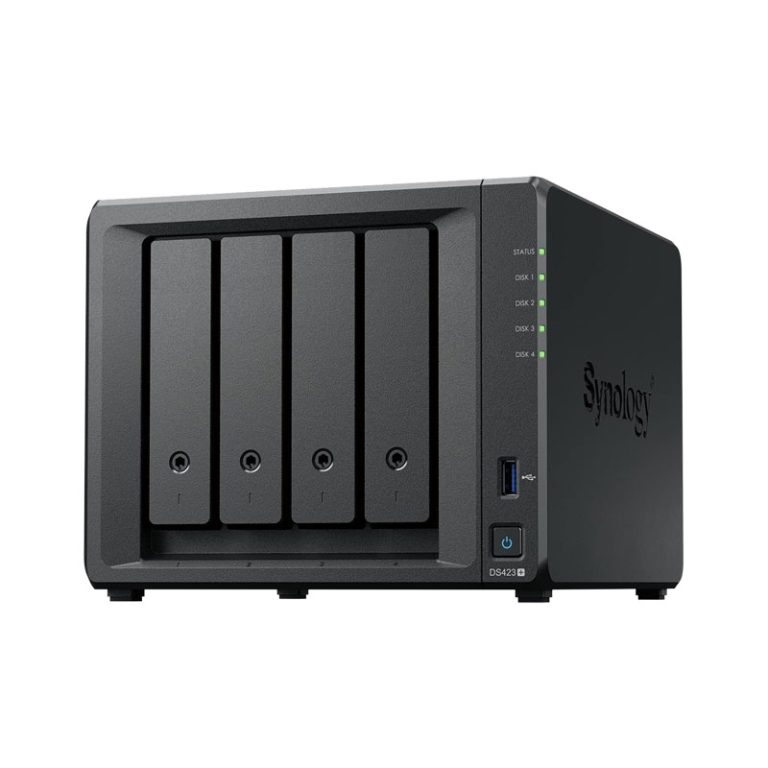Navigating the world of nursing comes with its fair share of challenges, and for some nurses, one of those challenges may involve the Voluntary Disciplinary Alternative Program, commonly known as VDAP. This program was created to help nurses facing issues related to substance use or certain health concerns while protecting their professional license. However, many misconceptions about VDAP can create confusion, fear, and unnecessary stress for nurses who might benefit from or be referred to the program. At Kreps Law Firm, we understand how important it is to separate fact from fiction when it comes to VDAP, so you can make informed decisions that protect your career and your future.
What Is VDAP?
VDAP, or the Voluntary Disciplinary Alternative Program, is an alternative-to-discipline program designed for nurses who are struggling with substance use or certain medical conditions. Rather than immediately imposing formal disciplinary action, VDAP offers a confidential and rehabilitative pathway that allows nurses to continue their careers while getting the support they need. While its intention is supportive, misinformation often leads nurses to misunderstand what enrollment in VDAP really means.
Misconception #1: VDAP Is a Form of Punishment
One of the most common misconceptions is that VDAP is simply another form of punishment by the nursing board. In reality, VDAP is designed to be an alternative to punishment. It focuses on recovery, accountability, and safeguarding public health while providing nurses with the opportunity to retain their license. While the process may feel challenging, its goal is not to penalize but to rehabilitate.
The Truth
Enrollment in VDAP can prevent the initiation of public disciplinary proceedings. By choosing VDAP, nurses often avoid the harsher consequences that may come from direct disciplinary action, such as suspension or revocation of their nursing license.
Misconception #2: Participation in VDAP Will Always Be Public
Many nurses fear that entering VDAP will permanently damage their professional reputation because they believe the program is a matter of public record. This fear often deters individuals from seeking help.
The Truth
VDAP participation is typically confidential. The program is structured to protect the privacy of nurses while balancing the need for patient safety. While certain conditions may require disclosure to employers, VDAP is not the same as a public disciplinary action, which would remain on a nurse’s professional record indefinitely.
Misconception #3: VDAP Automatically Leads to Job Loss
Another frequent misconception is that acceptance into VDAP guarantees the loss of employment. This belief often stems from misunderstandings about program requirements and employer obligations.
The Truth
While VDAP may impose work-related restrictions during recovery, participation does not automatically mean termination. Many employers view VDAP as a constructive process, showing that a nurse is taking responsibility and seeking help. With the right legal guidance, nurses can often maintain their employment or return to work after meeting program requirements.
Misconception #4: VDAP Is Only for Nurses with Severe Substance Abuse Issues
There is a misconception that VDAP is only applicable in extreme cases of substance abuse. This misunderstanding causes many nurses to dismiss the program as irrelevant to their situation.
The Truth
VDAP is designed for a range of situations. While it does address substance use, it may also be available to nurses managing certain physical or mental health conditions that could affect safe practice. It is not limited to severe or extreme cases.
Misconception #5: Entering VDAP Means You Are Admitting Guilt
Many nurses hesitate to consider VDAP because they worry it will be perceived as an admission of guilt or wrongdoing. This belief can cause unnecessary stress and prevent them from pursuing a beneficial option.
The Truth
Participation in VDAP is not the same as admitting guilt. Rather, it reflects a proactive commitment to addressing health concerns while continuing to serve patients safely. It is a voluntary and confidential agreement to receive monitoring and support, not a declaration of professional misconduct.
Misconception #6: You Don’t Need Legal Guidance for VDAP
A dangerous assumption is that VDAP is straightforward and requires no legal assistance. Nurses may think they can handle the process alone, only to find themselves overwhelmed by complex requirements.
The Truth
VDAP involves legal and professional implications that can significantly impact your nursing career. Having legal guidance ensures you understand your rights, obligations, and options. At Kreps Law Firm, we help nurses navigate VDAP so they can make informed decisions that protect both their license and their livelihood.
Why Understanding VDAP Matters
The nursing profession demands high standards of trust and accountability. Misunderstanding VDAP can lead to fear, misinformation, and missed opportunities for rehabilitation. By learning the facts, nurses can approach the program with clarity and confidence, using it as a resource rather than viewing it as a threat.
At Kreps Law Firm, we have seen firsthand how the right knowledge and legal support can change the course of a nurse’s career. Dispelling misconceptions about VDAP helps nurses make empowered choices, ensuring they safeguard both their professional future and their personal well-being.
Conclusion: Protecting Your Nursing Career with the Right Support
VDAP is not a punishment, a public mark on your record, or a guaranteed end to your career. Instead, it is a program designed to support nurses in their recovery while protecting patients and preserving professional licenses. Misconceptions about VDAP can create unnecessary fear, but with the right guidance, nurses can successfully navigate the program and continue their careers.
If you are facing a referral to VDAP or have questions about how it may affect your nursing license, don’t go through it alone. Contact Kreps Law Firm today for experienced legal guidance and compassionate support. We are here to protect your career, your reputation, and your future.





